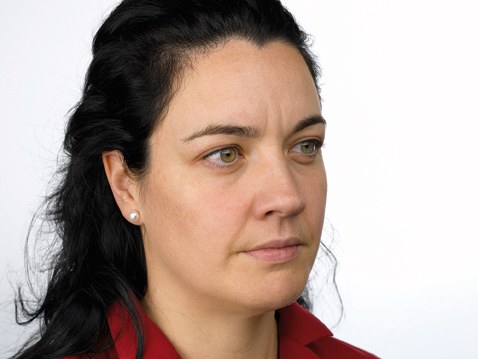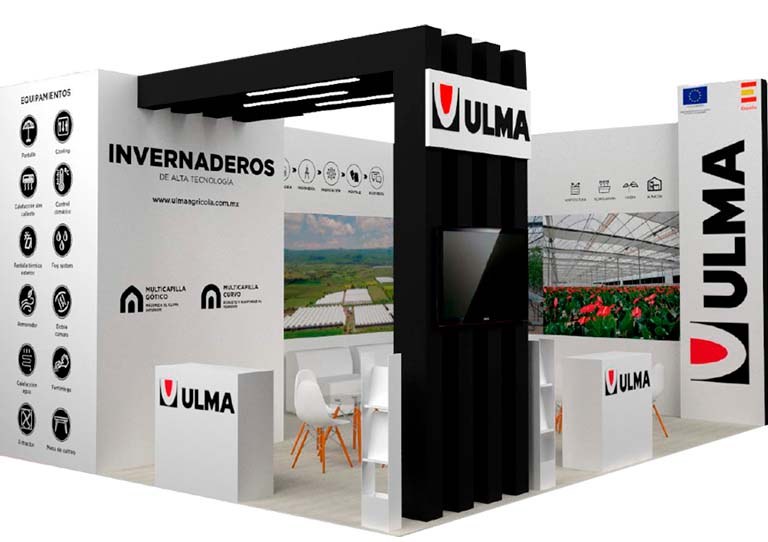"The Co-operative model is a business model of both the present and the future. It is a business model shared by all the working members"

In the difficult context in which we find ourselves, in which solidarity seems to be one of the keys to survival, do you think that as a collective we are cohesive and committed to the Business and the Group?
From the starting point that our cooperative model is based on people and on solidarity, the ULMA Group has several instruments to deal with difficult situations or economic crisis.
From the starting point that our cooperative model is based on people and on solidarity, the ULMA Group has several instruments to deal with difficult situations or economic crisis such as wage adjustments (either reducing salaries or advance payments whether by deleting or eliminating the cooperative dividends and interests), the solidarity fund payment, the employment market, etc. which are being implemented into the business as needed. All these measures that we have been adopting, reflect the responsibility and commitment of the members. Another example of commitment and cohesion is the fact that all the surplus in the ULMA Group is currently relocated. So, yes, I think there is commitment, and that this is perceived to a greater extent from the outside, although of course everything can be improved.
In your opinion, what do you think are the tools from the cooperatives/businesses and the Group that should be emphasised more to strengthen this involvement?
It is true that companies need motivated people who will be involved in the company's project, and according to the results of the organisational culture survey we conducted late last year, the point for ULMA Agrícola to work on is leadership. It is understood that there is a crucial connection between leadership, how you drive your people and your team, improved customer service and better business results. To be competitive, it is necessary to know how to manage the knowledge the company has (what we do and how we do it), and this lies with the people who form a part of the organisation.
Do you think the cooperative approach is the best way to address the new challenges and the global context in which have to operate our businesses? What do you think are the strong points we should enhance of the model?
I believe that the co-operative model is a business model of both the present and the future. We start from the premise that this is a business project shared by all working members, who are lead players in the project (they elect the governing bodies and they participate in management). Therefore the strength of this model lies in the workers themselves.
Do you think that we, as cooperatives, are flexible enough to react in a changing environment such as this one? What measures or instruments for improvement could be implemented?
It is clear that in the rapidly changing world in which we live, success and survival requires being agile and flexible to the environment: we have to size our operations to the market to be competitive, we have to internationalise and innovate ourselves to promote new activities in sectors of the future, and to establish ourselves in sectors we find ourselves in already. Since 2008, the date we place on the beginning of the crisis, we have restructured the workforce, by both decreasing and orienting it to international markets, and now we are invoicing 70% abroad. So we are trying to adapt to the new situation although we have a large field of improvement to increase competitiveness.
The ULMA Group, as a group with a Social responsibility, has a foundation. How do you think we could strengthen and promote the Foundation ULMA project?
Honestly I do not have an answer to this question. Although the foundation's objectives are clear and the actions it has taken, to my mind, have been correct, I think the complicated day-to-day activities prevent me from thinking how to push it forward in a correct way.







